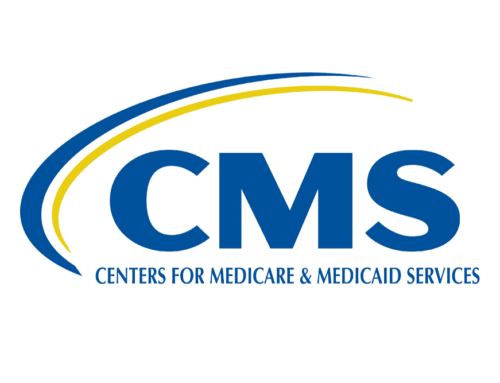Today, the House Republicans released their Report from the Health Care Reform Task Force, a white paper outlining a number of policy proposals they believe will lower health care spending and deliver higher quality care. Notably, the proposal recommends allowing for the implementation of value-based insurance design (V-BID) throughout Medicare Advantage (see full text below) as a potential solution to ‘one-size-fits-all’ deductibles, copayments, and coinsurance.
This expanded role of V-BID in the Medicare Program builds on bipartisan legislation that passed in the House last summer (HR 2750), the CMS MA-VBID demonstration project set to begin in seven states this January, and the inclusion of V-BID principles in Section 2713 of the Patient Protection and Affordable Care Act that requires the elimination of consumer cost-sharing for specified preventive care services.
Report Language Page 33:
“Today’s traditional fee-for-service (FFS) Medicare program isolates beneficiaries from the true cost of health care. For example, Medigap policies provide something called first-dollar coverage-which allows the system to be gamed in order to avoid cost-sharing obligations required today. The confusing and disjointed collection of deductibles, copayments, and coinsurance in the current FFS program ensures chaos for beneficiaries. Any attempt to bend the Medicare cost curve must require greater transparency of the cost of health care and the flexibility to incentivize high value patient-centered care.
Medicare Advantage Value-Based Insurance Design: A major limitation under current law is the ‘one-size-fits-all’ policy under the benefit structure for Medicare Advantage (MA). Plans are required to provide the exact same benefit to all beneficiaries, regardless of comorbidity or chronic conditions and regardless of how helpful certain benefits could be to improve health care outcomes. Benefit design flexibility would allow insurers to design their plans to push providers and beneficiaries to make decisions together while participating in high-value quality services and benefits, and curtailing low-value or unnecessary services. When we give plans this flexibility to serve our most vulnerable seniors, along with strong policies that encourage the most accurate and transparent risk-adjustment for all seniors, MA will result in personalized and high-quality care. Our plan would allow for value-based insurance design (V-BID) throughout MA.”
A. Mark Fendrick, MD, developer of the V-BID concept and Director of the University of Michigan V-BID Center is available for questions or comments. Learn more about V-BID in Medicare Advantage here.





